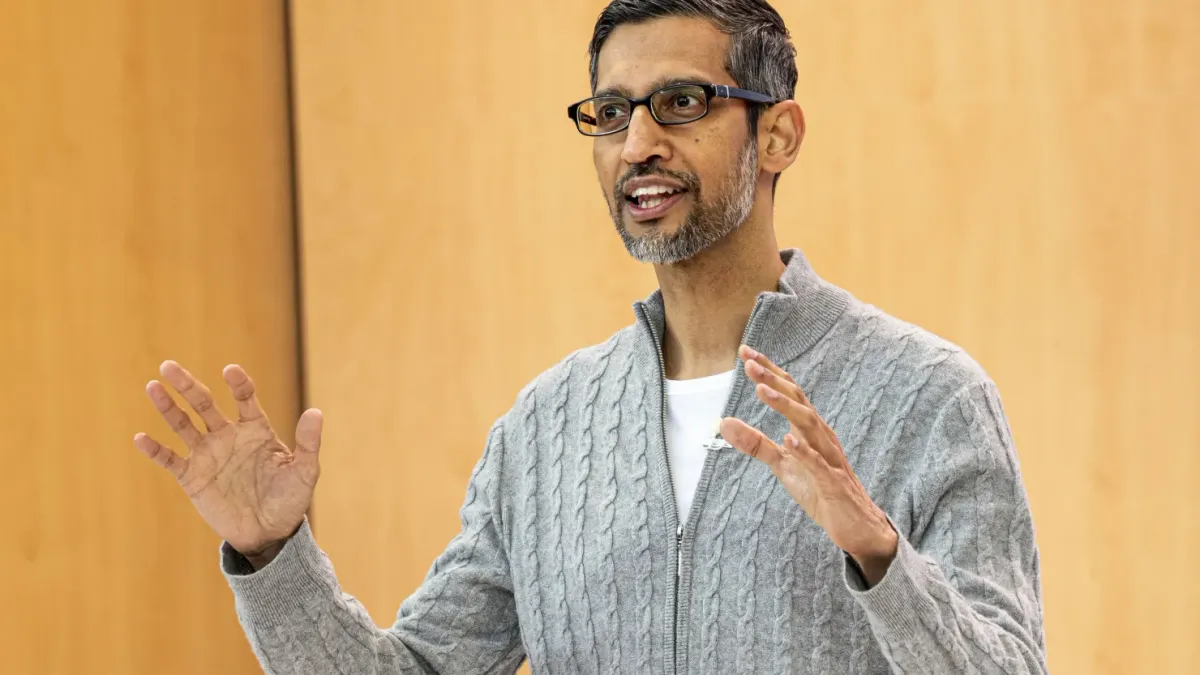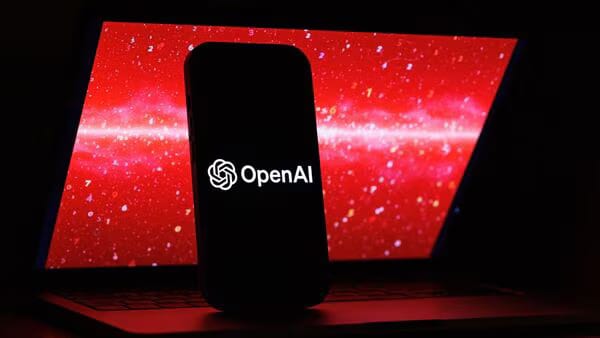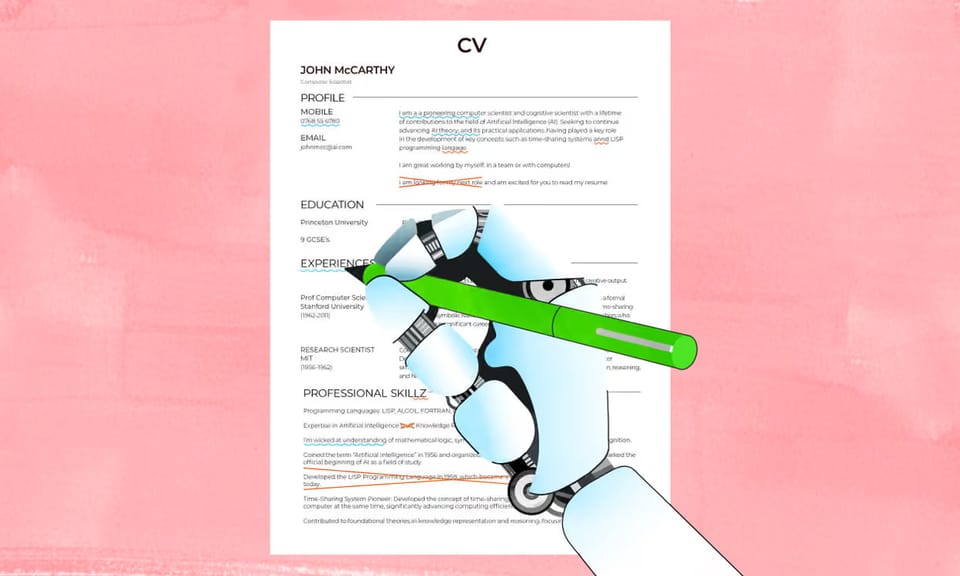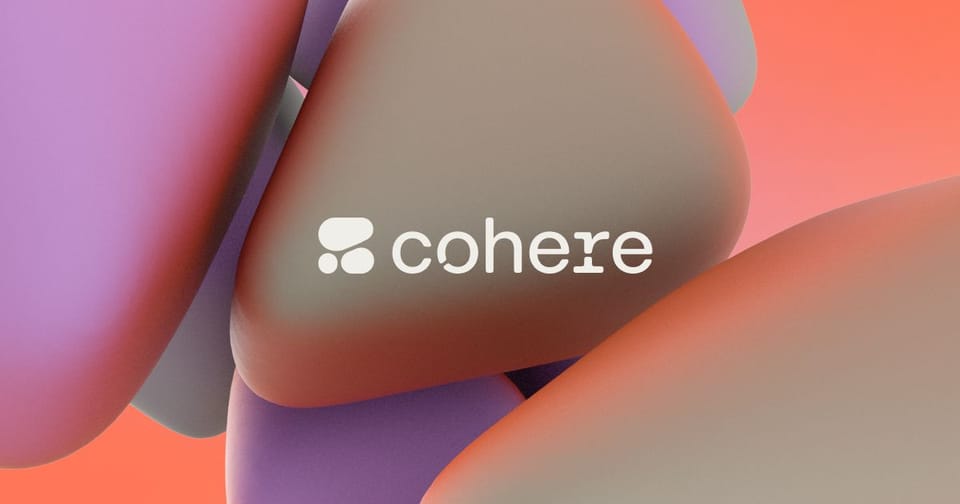Is Your Job Safe If You Can’t Speak AI?


Google just made it very clear to its employees: if you’re not learning AI, you’re falling behind. At a big company-wide meeting, CEO Sundar Pichai basically told the whole company to get with the AI program or risk being left behind like that coworker who still uses Internet Explorer and prints every email.
This isn’t just motivational talk. Google is spending $85 billion, yes, *billion with a B* this year, mostly on building giant AI-powered data centers. At the same time, they’re not hiring back all the people they let go last year. Translation: do more, with fewer people, using smarter tools. You know, like AI.
And it’s not just Google doing this. Shopify told its workers they can’t ask for help until they prove AI *can’t* do the job. Microsoft has embedded AI in just about every tool you touch. Amazon is pushing AI to run faster logistics and smarter cloud services. It’s like a group chat where every big tech company is yelling, “AI is the future!” and Google doesn’t want to be the one just typing “lol” from the sidelines.
They’re not just building AI products like Gemini. They want to completely change how their people work. Instead of growing the team, they’re upgrading the ones they already have with AI tools, training, and platforms like “Building with Gemini” and their coding assistant called Cider (which is not a drink, unfortunately). They also just bought an AI startup, Windsurf, for $2.4 billion to boost their internal AI efforts.
Think of it like this: Google’s no longer handing out more hammers, they're teaching everyone how to use power tools, and fast.
Now let’s say you’re not a Googler. Maybe you’re a startup founder, a middle manager, or just someone trying to make sense of this at your 9–5.
This is the blueprint a lot of companies will follow next. If Google is building a future where every employee is expected to use AI not just the engineers then don’t be surprised when your company’s HR sends out a mandatory “Intro to AI Tools” course next week. Or your manager starts asking if that weekly report could be done by ChatGPT instead.
This shift means you should start asking: Do I know how to use AI to make my job easier? Could my team cut busywork using tools like Gemini or ChatGPT? Are we still throwing humans at problems that AI could already solve?
This isn’t just some Silicon Valley thing. It’s a workplace thing. A “how-you-pay-your-rent” thing. And it’s spreading fast.
Are you feeling curious, excited, nervous, or maybe a bit called out? Think about your role, your coworkers, your company, or even your community. Could this shift change how you work, hire, or compete?
Reply and tell us how you see AI changing your job or someone you know?
- Matt Masinga
*Disclaimer: The content in this newsletter is for informational purposes only. We do not provide medical, legal, investment, or professional advice. While we do our best to ensure accuracy, some details may evolve over time or be based on third-party sources. Always do your own research and consult professionals before making decisions based on what you read here.




